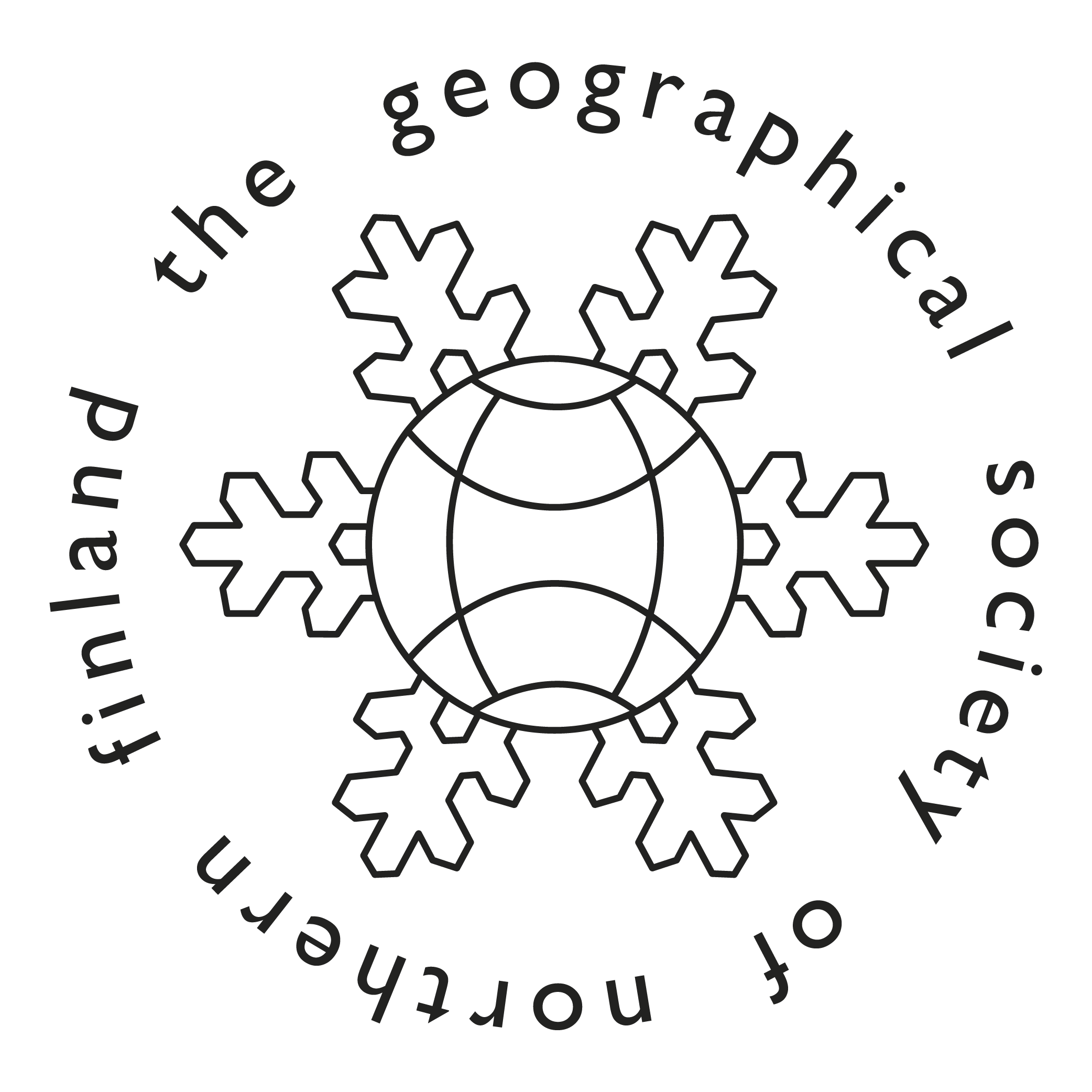Contested borderlands: formal and informal institutions as players
Abstract
Northern Ireland is a segregated society. Restrictive territoriality, troubled community relations, and the legacy of long-lasting conflict are apparent in urban structures as well as in the everyday experiences of the people. Derry/Londonderry as an urban borderland consists of several local communities, institutions, contested spaces, political ideologies, and cultural and religious traditions. In this article the players of these contested territories are discussed. Focus is on the formal and informal institutions such as the education system, security forces, paramilitary organisations and local communities. Empirical findings of this article are based on the experiences of people living in L/Derry. Empirical data was collected in seven focus group interviews arranged in different parts of the city of L/Derry in early 2000. Two of the focus groups were entirely Protestant, three were Catholic groups and two were mixed focus groups. Altogether thirty-six individuals took part in these discussions.






